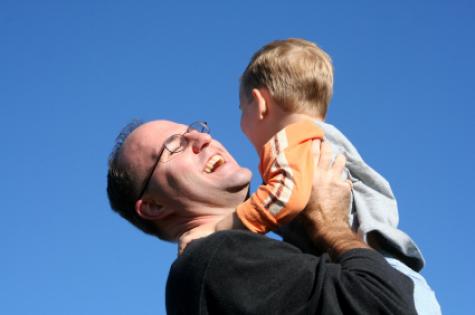Men are almost as likely to want children as women – and may feel more isolated, depressed, angry and sad if they don’t, according to a new study presented to the British Sociological Association last week.
The research, conducted by Robin Hadley, a PhD student at Keele University (located between Manchester and Birmingham) found that 59% of men and 63% of women want to have children.
Of the men who wanted children, at least half had experienced isolation and sadness because they didn’t have any. Men are also more likely than women to feel jealous of those with children (56% compared with 47%) – but they feel no guilt about it.
While women say they want to have children for personal and “biological” reasons, men are more likely to be influenced by cultural, society and family pressures.
“There is very little research on the desire for fatherhood,” Mr Hadley said. “My work shows that there was a similar level of desire for parenthood among childless men and women in the survey, and that men had higher levels of negative emotions about it.
“This challenges the common perception that women are much more likely to want to have children than men.”
Mr Hadley also surveyed men and women who already had children to find out if they wanted more. Once they have children, women are slightly more likely to want more (59% compared with 55% men) and have higher levels of negative emotion if it doesn’t happen.
John, a 64-year-old academic from country Queensland who is childless, told Motherpedia it is his “biggest regret in life.”
“I have had three longstanding relationships in my life but it never worked out with any of my partners that we had children. One died when we were still in our 20s; another didn’t think the time was right for her, which I respect; and my current partner was 50 when we got together about eight years ago.
“I do feel as if it’s a dimension of my life that is missing. I am lucky that I am an uncle, and I try to be a good one, but not being a dad is still an issue for sadness and regret.”
Mr Hadley said John’s view on his involuntary childless state is consistent with many of the men he surveyed also.


















__small.png)










